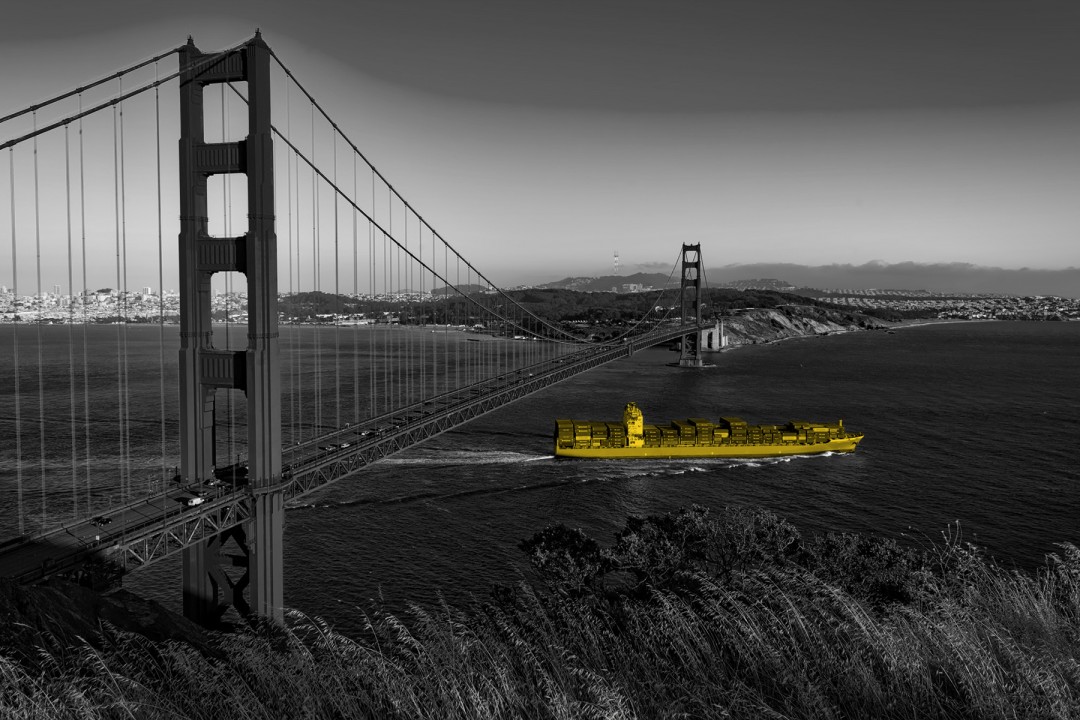As big boys retreat from shipping, one bank goes fishing for minnows
NEW YORK August 9, 2017 / TradeWinds
With the traditional players exiting the sector or gravitating towards the mega-owners, Noble Capital has spotted a gap in the market
Speaking just a short walk from one of the world’s most famous transport hubs, New York’s Grand Central Terminal, executives from Noble Capital Markets make their case for essentially being the “reverse commuters” of shipping banking. Many investment banks have either left or de-emphasised shipping as physical markets slumped and equities foundered following the global financial crisis. Those that remain push the notion that bigger is better: shipping must consolidate and grow more public owners with market capitalisations exceeding $2bn if they are to be taken seriously by institutional investors.
Now here comes Noble, brushing past all those outbound pinstriped suits, not only seeking out shipping business but even preferring the relative minnows that may have market caps of no more than $50m.
Noble’s Mark Suarez and Richard Giles explain to TradeWinds that it is precisely because they have identified small-cap shipping as under-served that they are making a play to fill the void.
“A lot of the banks serving that particular niche either left the field, failed to survive themselves or were acquired,” Suarez noted, invoking names such as Sterne Agee, FBR and Dahlman Rose. “There’s a huge gap now in banks following many of these under-covered companies,” added Suarez, a managing director with a background in analysing shipping stocks.
According to Giles, who heads natural resources investment banking, Noble is now transferring to shipping a strategy it has successfully employed in media, defence and mining.
‘Significant voice’
“Our focus or niche is small or micro and even up to mid-cap companies in a handful of verticals where there are characteristics that allow us to be a significant voice to the marketplace,” Giles said.
“Those industries are all different from one another, but the common thread is a lack of other names in our business focusing on these under-covered companies. We can make a difference in presenting those companies to the investment community with our ideas in banking and our research.”
The boutique investment bank is based in Boca Raton, Florida, and has been privately owned by its principals since its inception in 1984. Its move into shipping started only about a month ago.
The push is spearheaded by Suarez, who until recently worked as an investment banker for the financial arm of tanker brokerage McQuilling. Before that, he was head of research at Euro Pacific, another of those banks that formerly served small-cap shipowners. Suarez is focused solely on investment banking, but Giles says Noble is making a push to get him help in the form of a dedicated equity analyst and a shipping-savvy sales force.
“We’re in the process of looking for an analyst and then we’re going to roll out coverage as fast as we can,” Giles said. “Sometimes it happens the other way — you have the research in place first and then you move on with the investment banking. In this case it’s the opposite.
“Our analysts usually cover 12 to 20 names and we’ll be looking for a mix in terms of the sub-sectors and the market capitalisations. We’ll focus on the places where we can add the most value, and often that does turn out to be the less-covered names.”
"For some of these companies, their shareholders are going to be better served if they can grow for a time and then maybe down the road merge with someone else" Richard Giles
Suarez says his initial meetings with companies have been well received. “We have a number of companies interested in our products and services,” he said. “Folks have come back to me and said that it’s nice to see there’s a broker-dealer willing to serve companies in the $50m to $2bn (market cap) range.
“We expect a number of those names to be in the US Jones Act, which is another area we feel has not had the coverage and attention it deserves. But there will also be a focus on companies that trade international vessels and happen to be domiciled here in the US.”
So with Noble virtually celebrating the capital-markets' minnows, does that mean they know something that the scale-loving bulge-bracket banks do not in their quest for consolidation and mega-owners? Not necessarily, Giles acknowledges. “There’s still likely to be consolidation — we understand that,” he said. “But for some of these companies, their shareholders are going to be better served if they can grow for a time and then maybe down the road merge with someone else.”
Suarez added: “There are a lot of these smaller companies that we feel are fundamentally sound, but their valuations don’t reflect that. Some of them haven’t had the marketing available to really help them develop.
Bigger deals
“We think we can add value both with our research and our investment banking. We understand that a lot of the bulge-bracket guys don’t have the time and want to do bigger deals. But we feel that gives us a significant opportunity.”
What about investors, though? Who are these buyers who don’t require scale in a shipowner?
“They’re small-cap portfolio managers,” Suarez replied. “We’ve had a history of marketing with those people. That’s our sweet spot. It’s what we do. We can introduce new investors to those companies. “We want to work with them to increase their market caps and to improve their liquidity. At that point, other banks hopefully can get in with us and we can do deals.”
Read the article online at Tradewindnews
